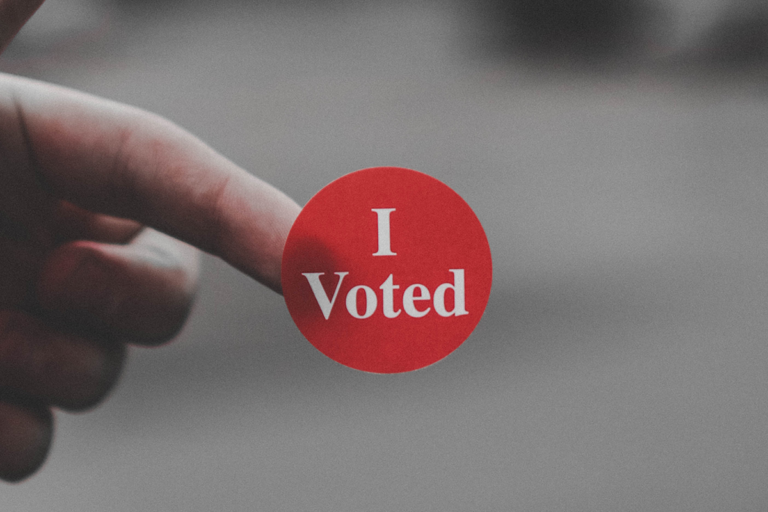This article originally appeared in State House News Service by Chris Lisinksi
Ballot questions related to electoral reform, beer and wine sales, automotive repairs and more are on track to go before voters in 2020 after supporters cleared a major signature-gathering threshold by Wednesday’s deadline.
Eight campaigns pushing for changes to state law or constitutional amendments submitted signatures from registered voters to Secretary of State William Galvin by the end of the business day on Wednesday, according to Galvin’s office.
It was not immediately clear how many of those will clear the threshold of 80,239 certified signatures required to advance, a key hurdle toward appearing on the ballot next November, but supporters of questions about ranked-choice voting, right to repair, nursing home funding and sales of beer and wine in food stores each said they submitted a sufficient amount.
This cycle’s ballot push officially ended Wednesday for proposed constitutional amendments to restore voting rights to incarcerated Massachusetts felons and rewrite the state constitution to remove language that has been interpreted as a right to an abortion for those who qualify for MassHealth. Although both campaigns submitted signatures, neither collected enough, according to organizers.
Other campaigns proposing ballot questions related to political spending, whale safe fishing, state sick time and use of gun safes did not submit any signatures to Galvin’s office.
A proposal backed by several county district attorneys to explicitly allow police to detain suspects wanted by federal Immigrations and Customs Enforcement appears also to have ended this cycle after not submitting signatures.
Cape and Islands District Attorney Michael O’Keefe, who was the lead sponsor, could not be reached for comment Wednesday.
“Massachusetts voters have long shown that they value justice, freedom, and humanity. Our commitment to these values has — once again — been made clear by the elimination of two proposed ballot initiatives that would impact immigrants’ liberty and make abortion less accessible,” Carol Rose, executive director of the American Civil Liberties Union of Massachusetts, said in a statement.
In September, Attorney General Maura Healey deemed 12 of the 16 initiative petitions filed eligible for the ballot based on a constitutional review.
Galvin must now certify signatures for the eight campaigns that submitted petitions for his review, two of which were the constitutional amendments that already conceded defeat. If the proposals clear that step, they will go before the Legislature, which can adopt the petitions as new laws or decline to take them up and force one final round of signature-gathering to qualify for the November 2020 ballot.
Lawmakers have reached deals in the past to avoid ballot questions. In July 2018, legislative leaders, Gov. Charlie Baker and ballot activists agreed to a so-called “grand bargain” to increase the state minimum wage, create a paid family and medical leave program, establish a permanent sales tax holiday, and phase out time-and-half pay on Sundays and some holidays. Those reforms were enacted to avoid related ballot questions, including one to lower the state’s sales tax.
At least one of the topics that received enough signatures this year has already prompted a legal appeal. The Massachusetts Package Stores Association challenged Healey’s certification of a Cumberland Farms-backed question to allow food stores to sell beer and wine, arguing that the “Frankenstein-like ballot initiative” contains too many unrelated topics combined into one.
Their appeal is currently before the Supreme Judicial Court, which in the summer of 2018 struck down a proposed income surtax ballot question by ruling that it improperly mixed topics.
One question on track for the ballot would update the state’s 2013 law covering access to diagnostic vehicle repair information by requiring manufacturers to make digital repair information available to consumers.
Supporters submitted about 102,000 signatures to Galvin’s office. They argue that more than 90 percent of new cars will be equipped to transmit diagnostic and repair data wirelessly to manufacturers by next year, limiting the capability of independent repair shops.
“Our independent shops are increasingly facing the prospect of having limited or no access to diagnostic and repair information now that automakers are restricting access through rapidly expanding wireless technologies in vehicles not covered under current law,” said Tommy Hickey, director of the Massachusetts Right to Repair Coalition, in a press release.
Opponents contend, however, that the new language would expose drivers to privacy risks. Coalition for Safe and Secure Data spokesman Conor Yunits said in a Wednesday statement that his group “will do everything we can to educate voters throughout the next year and work to ensure the defeat of this dangerous scheme.”
“For three months, national political groups and their lobbyists have been misleading and deceiving Massachusetts voters about existing laws and the real purpose behind their insidious proposal,” Yunits said. “This ballot question will create easy opportunities for strangers, hackers and criminals to access consumer vehicles and personal driving data — including real-time location. It will put people at risk, without doing anything to improve the consumer experience.”
One of the unsuccessful initiatives would have presented voters with a constitutional amendment to re-enfranchise Massachusetts prisoners, who had the right to vote until it was revoked by a constitutional amendment approved in 2000. The Mass POWER campaign estimated about 9,200 felons would have seen voting rights restored.
However, the campaign only collected about 20,000 signatures, well short of the 80,239 required.
“While we are disappointed this will not be sufficient to move forward this cycle, we believe that this is an amazing show of support for a brand new, all-volunteer campaign that did not have a pre-existing budget going in to the process,” Mass POWER organizer Austin Frizzell said in an email to the News Service. “Though this may have previously been considered a(n) issue that was not politically viable, we have shown this to be untrue.”
Campaigns with two other proposed ballot questions, both related to individuals with disabilities, submitted signatures to Galvin, but it was not clear Wednesday if either filed enough to meet the threshold.




